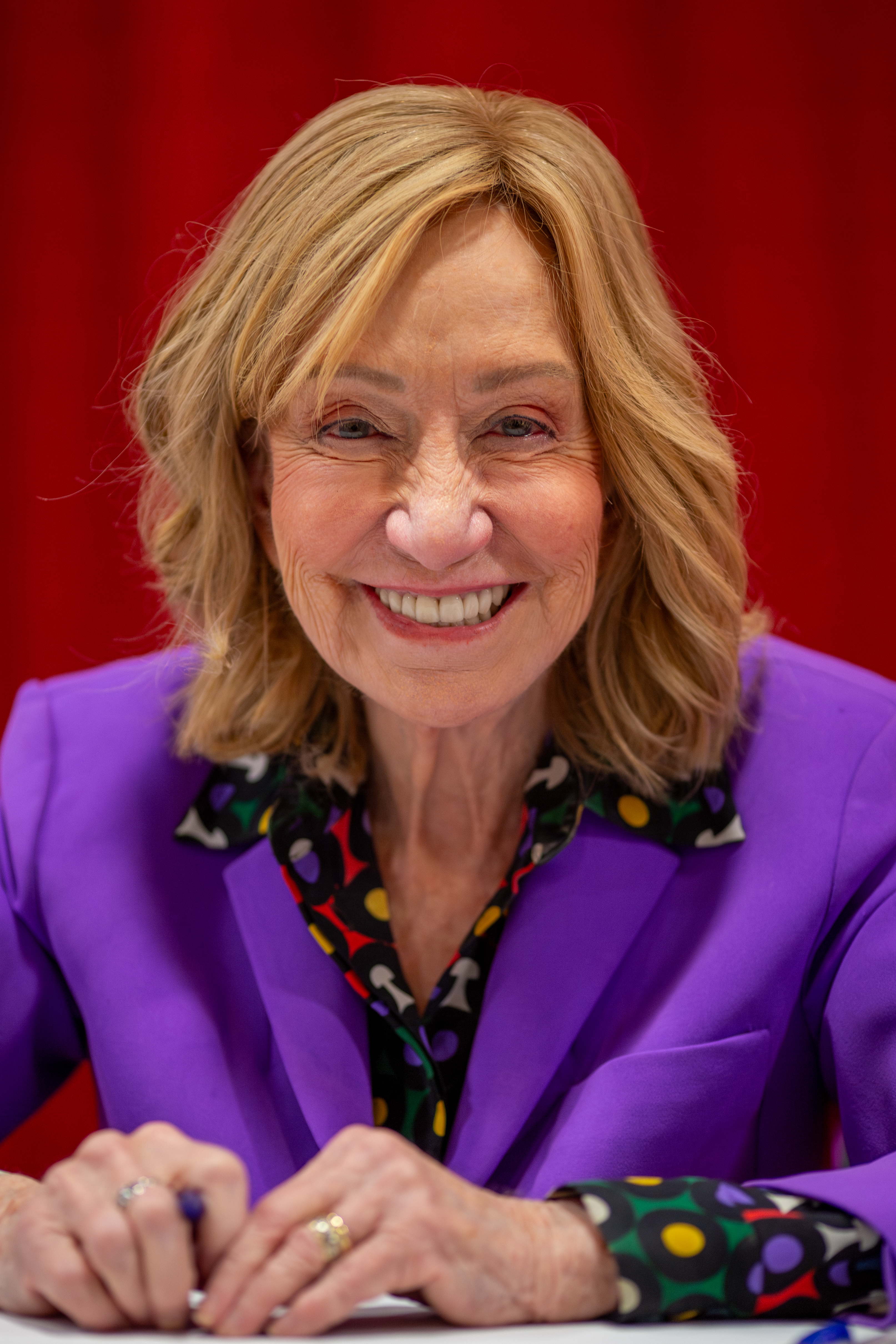
Doris Kearns Goodwin
Era:
Date Created:
Year Created: 2012
Collection this Document is Affiliated with:
Description: In this Boston Globe article, historian Doris Kearns Goodwin discusses her reaction to the Hollywood film Lincoln. She discusses the historical accuracy of the movie and what young people might learn from it.
Your reaction to the finished film?
The parts I love most are when Lincoln tells one of his stories. Not only because he did that all the time, but because his whole face would change. Lincoln’s face had a structural sadness to it, as does Daniel’s. When you watch his eyes become shiny and a smile light up his face, you feel he’s really alive. I’ve often been asked, “If you could sit with Lincoln for dinner, what would you ask him?” As a Lincoln scholar, I know you’re supposed to say, “What would you have done differently about Reconstruction?” I’d just want him to tell stories for an hour, though, because then I’d truly see him come alive.
What might young people learn from this film?
They’re going to come away knowing something deep about Lincoln, which was Steven and Tony’s decision: Either go deep or go broad. Their way allows Lincoln to come across in much more complex fashion, in a story most people don’t know. Most people think the Emancipation Proclamation ended slavery. Lincoln knew differently, though, that [emancipation] could go away once the war ended.
Were there any compressions of historical detail that bothered or puzzled you? Thaddeus Stevens, for instance, is not a huge character in your book.
You’re right. What he is, though, is a symbol of the abolitionist radicals Lincoln had to deal with. I miss Seward not having an even bigger role, too, but I completely understand. All the way through the war, Lincoln wrestles with the fact that although he couldn’t stand the sight of blood or kill a single animal as a child, he’s responsible for all these deaths. And [those deaths] must be made worthwhile by the war being won and the Union being saved and slavery ending. When he actually delays the peace talks in order to get the 13th Amendment passed, then he really feels the loss of every life afterward. That’s also compressed into a story within a story, but I felt it’s all there [in the movie].
Citation: Kahn, Joseph. “Historian Doris Kearns Goodwin on ‘Lincoln,’ the Movie and Man - the Boston Globe.” BostonGlobe.Com, The Boston Globe, 8 Nov. 2012, www.bostonglobe.com/arts/2012/11/08/historian-doris-kearns-goodwin-lincoln-movie-and-man/gRKujjuSTnmxJMw3ULAuqN/story.html.

